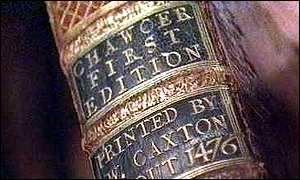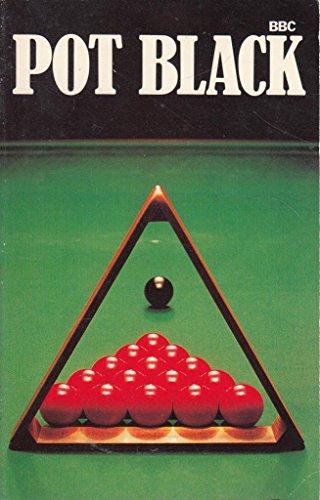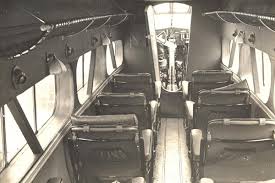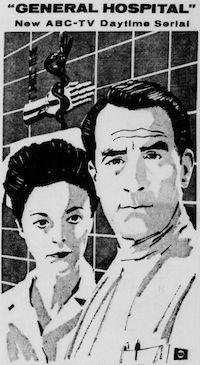1387 London, Literature: The characters in Geoffrey Chaucer’s ‘Canterbury Tales’ set out on the pilgrimage. This text helped established English as a literary language against Norman French and universal Latin. The Fifteenth Century Caxton edition pictured below changed hands for £4.6 million in 1998.

1875 Jabalpur (India), Sports; A bored British officer devised a table game that today is called snooker as an alternative to billards. It came to England as officers serving in India returned home. The BBC began to broadcast Pot Black to show viewers the merits of colour television with the green baize, red balls, white cue, coloured balls, and the formal dress of the players. It turned into one of its most popular and longest-running productions. The original producer was David Attenborough before he became the jungle whisperer.

1935 Brisbane (QLD), Aviation: Qantas took off on its first overseas passenger flight to Singapore on a De Havilland DH-104. Even today the Qantas flight to Singapore and onto London is styled QF1.

1947 Columbia (SC), Politics: Bernard Baruch, financier, used the term ‘Cold War’ while speaking at a reception South Carolina. Baruch had been a confidant of Presidents Wilson, Coolidge, Franklin Roosevelt, and Truman. At the time he was perceived to be a sounding board for President Truman and the press followed him closely. The phrase was in headlines the next day, and stayed there. This was more than a year before Comrade Stalin imposed the Berlin Blockade.

2002 The 10,000th episode of ‘General Hospital’ aired, the longest running program in US television history, premiering on 1 April 1963. It led the trend for hospital dramas which continues today. Predictable and bland, perhaps, but it has dealt with HIV, pedophilia, white collar drug abuse, violence against women, patient privacy, abortion rights, and the like with greater sensitivity than did the ABC news.

Skip to content
